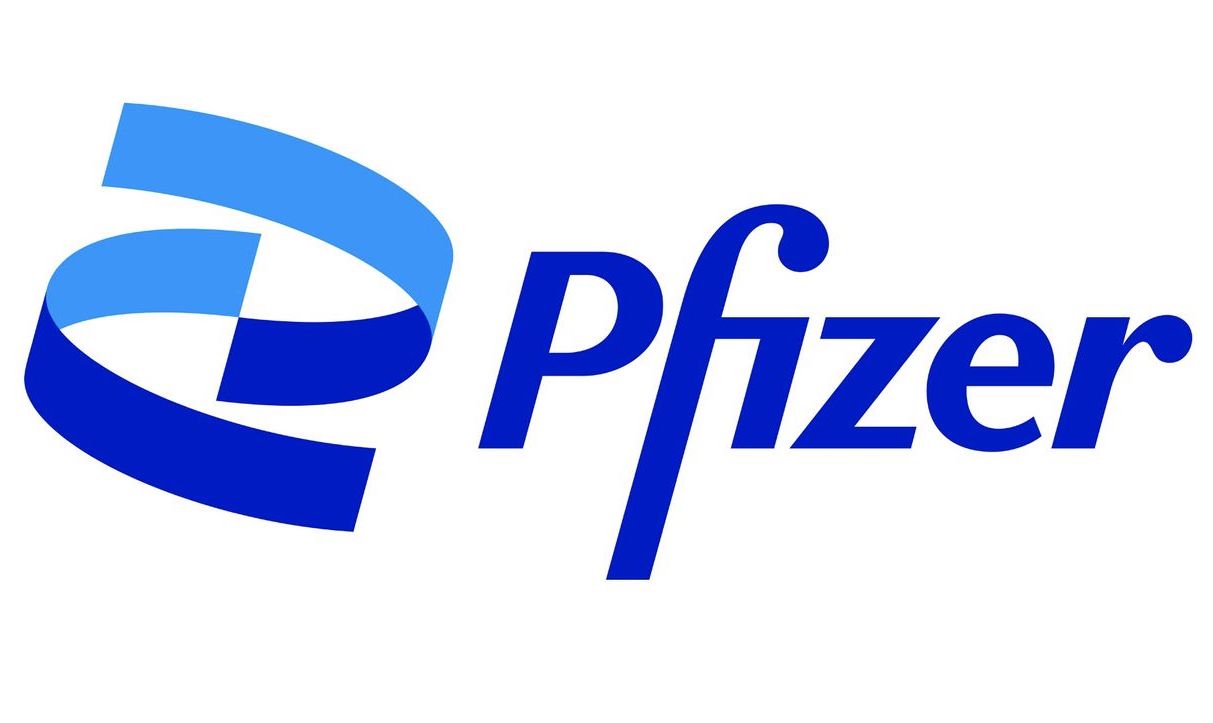

This video contains proprietary information and cannot be shared publicly at this time.
Team 39
Team Members |
Faculty Advisor |
Alexander Sherman |
Francisco Cunha Sponsor Pfizer |
sponsored by

Pharmaceutical Manufacturing Critical Spares Assessment and Management Strategy
Team ME39 and Team MEM9 worked with Pfizer to manage and assess the risk associated with spare parts purchasing. Pfizer needed the ability to track and identify spare parts for each of their machine types in a specific manufacturing environment to reduce downtime. Machines associated directly with pharmaceutical manufacturing are widely unavailable to universal parts, and these spares come directly from the manufacturer of the machine. This leads to high delivery times. To solve this issue, an FMEA model was created to assess each spare part recommended by the individual manufacturer, in which an inputted budget recommends a list of spare parts for all machine types, through Visual Basic Coding in Microsoft Excel. The tool considers different variables that are deemed important to the life of the part, as well as the ordering process. The final budgeted list relies on an individual calculated value for each part, called a Risk Priority Number, or RPN. Each spare part for all machine types adheres to one generalized scale, which falls between 1-1000. This creates an easier approach for spare parts purchasing in the future. As well as the risk-assessment tool, the most updated spare parts that each manufacturer recommends will be included as a deliverable, to allow for a quick lookup of a part number, price, or any other variable used. With this information, Pfizer is more equipped to reduce downtime and increase production.
Our team collaborated with Management & Engineering for Manufacturing 9 on this project.
